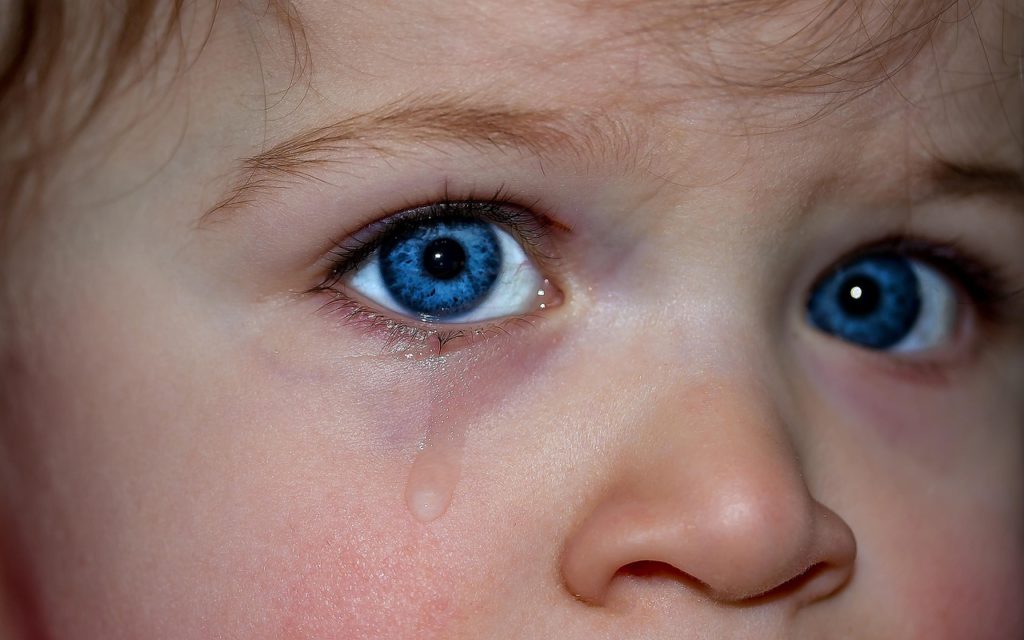Emotional and psychological impact
Children of any age who witness abuse often live in an environment of fear, uncertainty, and instability.
Regardless of whether they are in the same room or not, when abuse happens, they can pick up on adults’ emotions as well as witnessing physical after-effects. This can lead to anxiety, depression, low self-esteem, and difficulties regulating their own emotions.
According to the NSPCC, children who witness domestic abuse, may become withdrawn, aggressive, or struggle to form healthy relationships.
Behavioural and social effects
Exposure to abuse can cause behavioural issues such as lack of confidence, or even appearing to be over-confident, bullying, bedwetting, nightmares, or difficulties concentrating in school.
Some children may attempt to take on adult responsibilities prematurely, trying to protect their non-abusive parent or siblings. Research by Women’s Aid shows that these coping strategies, while understandable, can hinder normal childhood development.
Educational consequences
The stress of living in an abusive environment can make it hard for children to focus, leading to lower academic achievement and reduced school attendance. Teachers may notice tiredness, unexplained absences, or a sudden drop in performance. Conversely a child may have excellent grades and attendance, so just because they are doing well at school, does not mean they are not witnessing domestic abuse in their home.
Long-term effects
If not addressed, the impact of domestic abuse can extend into adulthood. SafeLives have identified that children who grow up around abuse are more likely to experience poor mental health, substance misuse, or enter unhealthy relationships later in life. Some may even replicate abusive behaviours, perpetuating the cycle.
Supporting and protecting children
Open conversations
Encourage children to talk about their feelings and reassure them that the abuse is not their fault. Even if an adult has suggested it is their fault, it is not and domestic abuse is always the choice of the person who is being domestically abusive to act in that way.
Listening without judgement helps them feel safe and understood.
Professional help
Support from schools, counsellors, or mental health professionals can make a significant difference. Services such as child therapy or play therapy can provide children with safe ways to process their emotions.
Safety planning
Creating a safety plan with your child can help them feel more secure. This may include knowing where to go during an incident, who to call for help, or how to stay safe in different situations.
Specialist support services
Somerset Domestic Abuse Service offers tailored confidential support for families, ensuring both the non-abusive parent and children receive the help they need. They also provide services for those who want to change their abusive behaviour. To learn more or access their support, contact the Somerset Domestic Abuse Service.
Breaking the cycle
Domestic abuse doesn’t just harm the person being abused – it affects children in profound and lasting ways. But with the right intervention, children can heal, build resilience, and go on to live safe and healthy lives.
If you or someone you know needs help, please reach out to Somerset Domestic Abuse Service. No one has to go through this alone – support is here for you and your children.
If you or someone you know is experiencing domestic abuse, reach out to Somerset Domestic Abuse Service, a confidential and experienced organisation that can provide the right support, as a result of domestic abuse. Help is available, and you are not alone:
- Call: 0800 69 49 999 (8am–8pm, 7 days a week including bank holidays)
- Website: Somerset Domestic Abuse (including live chat)
- Email: domesticabuseservice@somerset.gov.uk
- In an emergency dial 999. If speaking puts you at risk, stay silent, tap the phone, and press 55 when prompted.
- For those who are deaf, hard of hearing, or speech-impaired, register with emergencySMS.net to text 999 in an emergency. If you use British sign language (BSL) you can go to 999 BSL for a BSL interpreter.
Sources
- NSPCC – The impact of domestic abuse on children
- Barnardo’s – Impact of domestic abuse on children
- Women’s Aid – The impact of domestic abuse on children and young people
- SafeLives – How domestic abuse affects children
- Royal College of Psychiatrists – Domestic violence and abuse: the impact on children and adolescents

